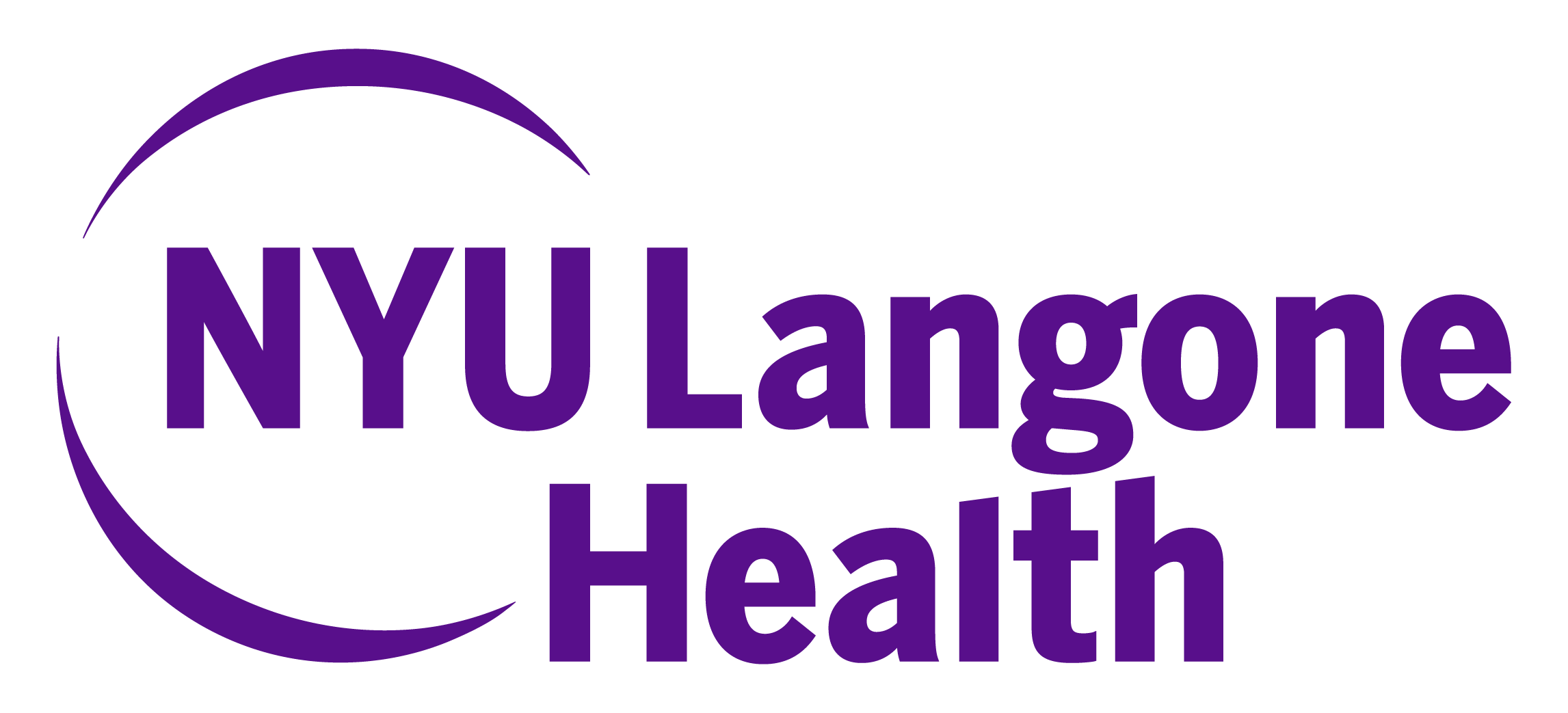- Advertise
- About OncLive
- Editorial Board
- MJH Life Sciences brands
- Contact Us
- Privacy
- Terms & Conditions
- Do Not Sell My Information
2 Clarke Drive
Suite 100
Cranbury, NJ 08512
© 2025 MJH Life Sciences™ and OncLive - Clinical Oncology News, Cancer Expert Insights. All rights reserved.
Dr. Adams on Whether Prior Lines of Therapy Impact Response to Immunotherapy in TNBC
Sylvia Adams, MD, associate professor, Department of Medicine, director, Clinical Research, Breast Cancer Disease Management Group, NYU Langone’s Perlmutter Cancer Center, discusses whether the number of prior lines of therapy impact response to immunotherapy in patients with triple-negative breast cancer (TNBC).
Sylvia Adams, MD, associate professor, Department of Medicine, director, Clinical Research, Breast Cancer Disease Management Group, NYU Langone’s Perlmutter Cancer Center, discusses whether the number of prior lines of therapy impact response to immunotherapy in patients with triple-negative breast cancer (TNBC).
The number of prior lines of therapy a patient has been exposed to is important, explains Adams. Patients who have had prior therapies in the metastatic setting have significantly lower response rates than patients being treated in the frontline. In the palliative setting, response rates can be as low as 5% or 10% in women who have had prior chemotherapy, notes Adams.
However, patients who are treated in the frontline setting when they are diagnosed with metastatic recurrence can show response rates as high as 25%. Because of this, patients should be enrolled in clinical trials as early as possible.
Presently, most trials are targeting the known subtypes of breast cancer. Ideally, they should focus on the subsets of TNBC that have an immune infiltrate at diagnosis or at the start of treatment, says Adams, as those are the patients who are more likely to respond to immunotherapy.


